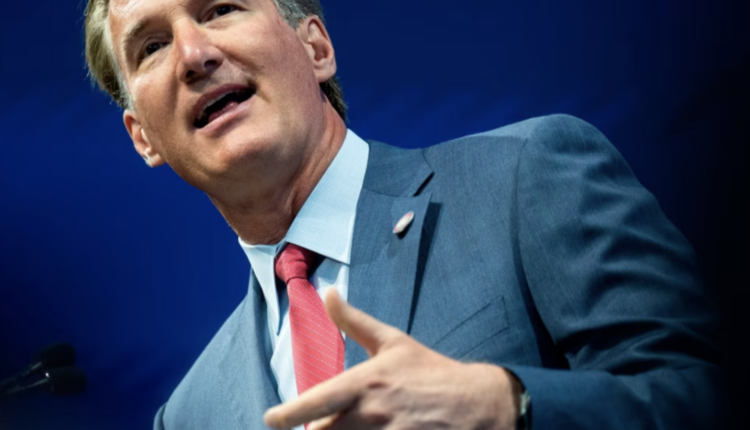
Virginia Governor Vetoes Cannabis Market and Minimum Wage Bills
The TDR Three Takeaways
- Virginia’s governor vetoes bills on cannabis retail sales and minimum wage increase, affecting Democratic priorities.
- Cannabis legislation veto in Virginia cited for health and safety concerns, amid debate on market regulation.
- Virginia’s minimum wage hike vetoed over competitiveness and inflation concerns, despite planned gradual increase.
Virginia Governor Glenn Youngkin vetoed legislation aimed at establishing a state-regulated marijuana marketplace and raising the minimum wage. These actions not only dismantle major Democratic initiatives but also reflect the governor’s strategic priorities and concerns over economic and public health implications.
The vetoed cannabis legislation, intended to create a commercial framework for marijuana sales, has been met with criticism from Youngkin, who underscored potential risks to Virginians’ health and safety. Echoing concerns seen in other states, Youngkin highlighted the adverse outcomes of cannabis commercialization, including increased crime and compromised road safety, arguing that such a marketplace would not effectively eradicate the illegal cannabis trade or ensure product safety. This stance signals a cautious approach to drug policy, emphasizing public health over the economic incentives of a regulated market.
Simultaneously, the governor’s refusal to approve minimum wage increases strikes a chord in ongoing debates about wage policy and economic health. Youngkin’s veto is grounded in the belief that government-mandated labor costs could inflate prices and diminish Virginia’s competitive edge, especially harming rural business environments. By leaning on an automatic adjustment to the federal consumer price index, Youngkin suggests a natural progression towards higher wages without legislative intervention, a move that has sparked criticism from proponents of wage growth as a means to uplift working-class Virginians.
The fallout from these decisions extends beyond the immediate impact on Virginia’s cannabis consumers and minimum wage workers to touch on broader themes of governance, economic policy, and the ongoing negotiation between public health concerns and market freedoms. As Virginia navigates these contentious policy arenas, the clash between executive vetoes and legislative priorities underscores the complex interplay of ideology, economic philosophy, and public welfare at the heart of state governance.
The reactions from Democratic lawmakers, shocked with the governor’s justifications, illuminate the deep divisions in Virginia’s political landscape, particularly in the context of recent negotiations over other significant projects like the proposed sports arena. This scenario encapsulates the challenges of bipartisan cooperation in a politically polarized environment, where policy outcomes often hinge on the strategic leverage of key legislative priorities. Want to keep up to date with all of TDR’s research and news, subscribe to our daily Baked In newsletter.



